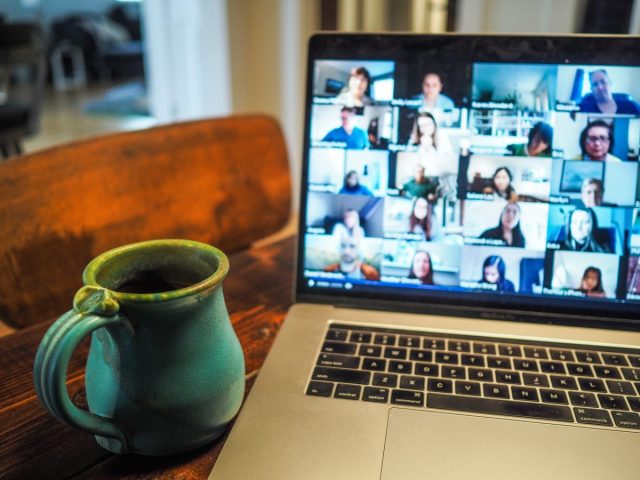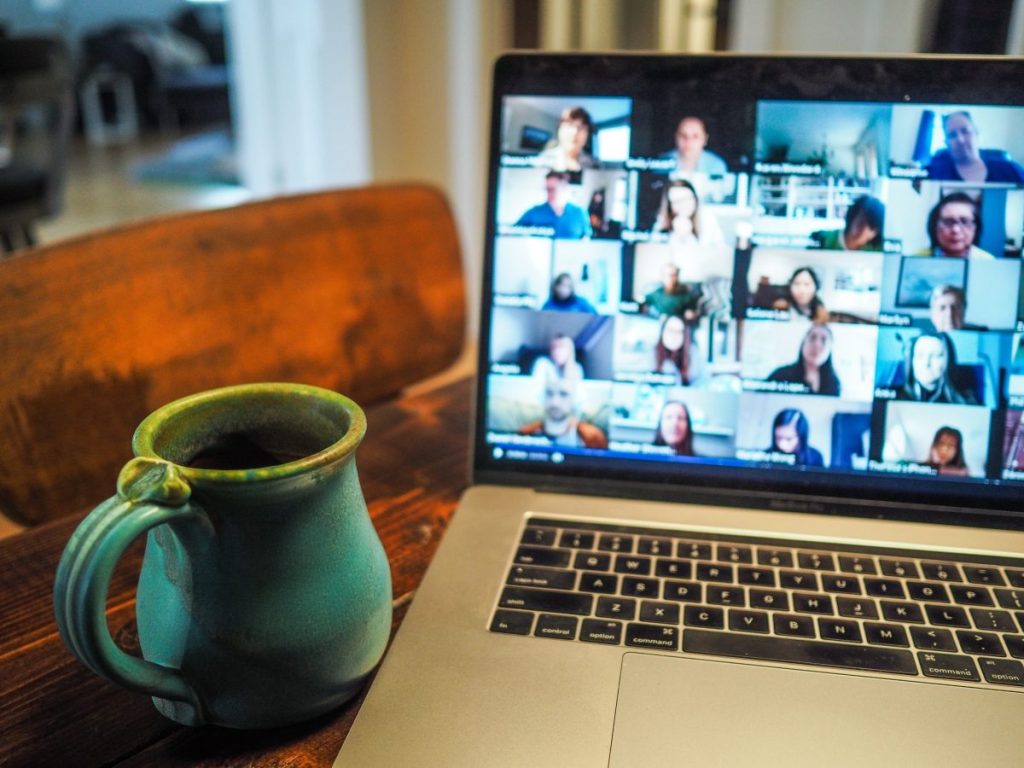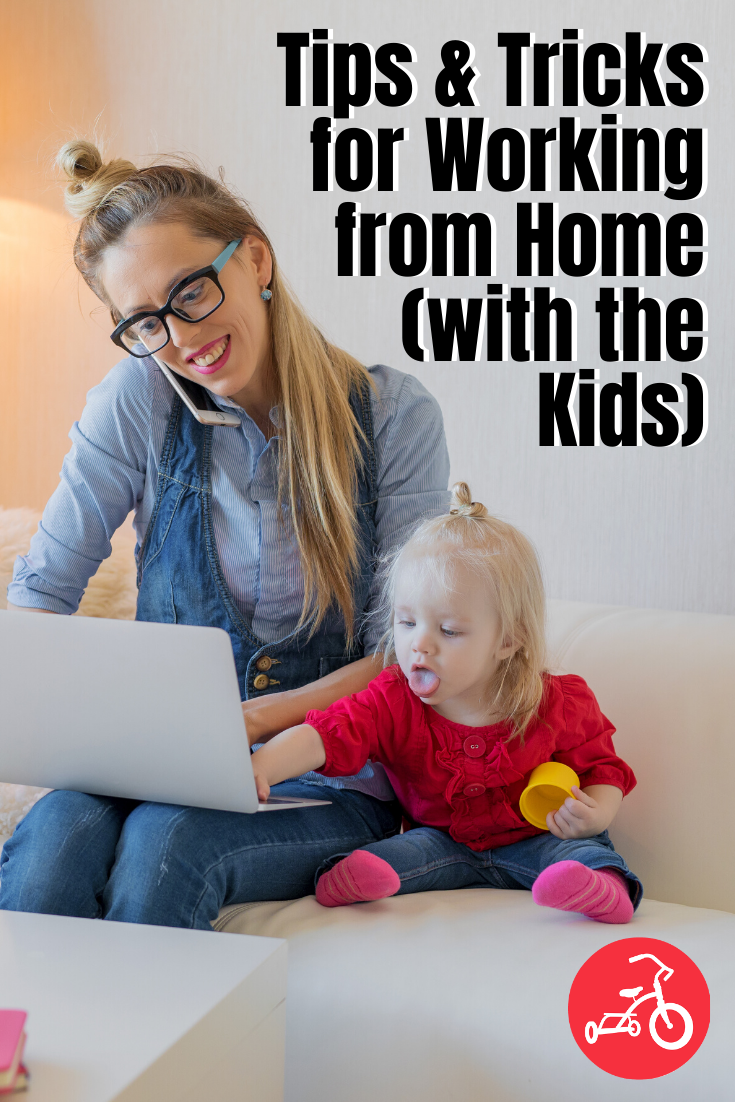
There’s this odd thing that happens to women when they become moms. Out of nowhere, they feel compelled to do it all and to not do anything at all at the same time. As I sit here writing this, my wife and daughter are at the park taking a walk. I’m supposed to be working but, instead, I’ve spent the last hour thinking about ways in which I could potentially supplement my income without having to work during the day, so I can really enjoy my daughter all while setting an amazing example of what a successful, working mom looks like. Oh, by the way, also still being a present and accounted for spouse that makes time for my wife. Take that in for second, k?
I recently wrote an article about recognizing what success looks and feels like to you and the importance of making it actionable. For some of us (me), we’ve spent the last 15 years navigating the male-dominant corporate structure and measuring success exclusively by what our bank account says. When you have a baby, all of that and none of that changes. For me, having a daughter makes it even worse. I want to raise the most kick-ass, glass ceiling-shattering woman on the planet. I also want to give her a million kisses a minute and blow raspberries on her tummy.
Every night after work, I just stare at my kid. I watch everything she does—her careful and floppy little hands, her Frankenstein’s Monster walk, and her legit excitement at the prospect of watching a full episode of Daniel Tiger before bed. I want everything in the world for her. In order to do that, I have to work for it. I also want to spend every, waking minute enjoying the world with her. In order to do that, I can’t work. I’ve always been really annoyed (enraged at times, actually) by the term “work/life balance.” At the end of the day, it’s just life. Work is a part of life and, if you hit it right, life could be a great part of work. Prior to having my daughter, life was a big part of work. The integration was flawless, and I could devote the exact right amount of energy and focus on my career to keep moving onward and upward. Now? Not so much. It wouldn’t even be realistic to say that my attention is divided. My attention has an all-consuming new focus and her name is Lillie.
I didn’t come here to complain about my questionable attention span, though, I wonder, how do we fix this pervasive problem? Well, I’m not sure that I have the secret to that sauce just yet, but I can share this one simple thought. When I find myself getting distracted and wanting to see my kid, that’s what I do. It’s like having a craving for pizza, you know you’re not going to get over it until you just eat a damn slice (or 4). The time we have with our kids is invaluable no matter how big or how small our paychecks may be. My daughter will only be one for one year. Then she’ll be two for one year…you get it. Having a child made me realize that I was dangerously close to living to work. Having to recalibrate and working to live has definitely created some growing pains for me. That being said, it’s also allowed me to evaluate the things that are important.
At the top of this, I mentioned the pressure on moms to do everything and nothing at the same time. It’s an off-kilter, deep-rooted feeling that can’t be solved even if we could literally do everything and nothing at the same time. That feeling simply comes from wanting everything to be the best for your kid and being able to check all of the boxes: Quality time spent, money in the bank, setting a great example, making sure they know exactly how much you love them, raising them to be good, smart and kind people, nurturing a sense of humor, teaching them life skills and encouraging passions (you know, to name a few). Here’s the thing though, we’re already doing that. You can’t see the forest for the trees, right? That knot-in-your-stomach-wanting-everything-and-nothing-at-the-same-time-feeling means you’re a great parent. You’re checking all of those boxes simply by being you whether it feels that way or not.
And, hey, If all else fails, at least you ate the pizza.































